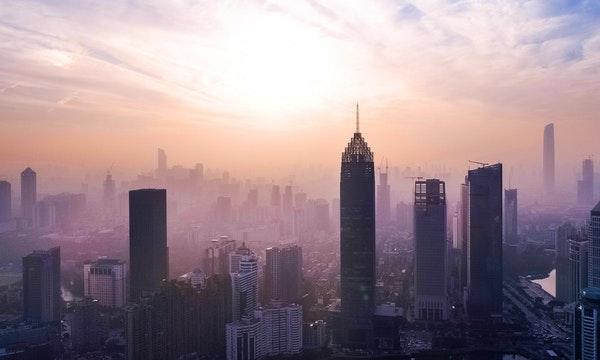
Asian markets boost economic buffers as pandemic hits economies
Economies with high debt levels may run out of policy space.
Asian markets are on the defense, with governments pumping fiscal stimulus packages and enacting rate cuts to shield against the COVID-19 pandemic, reports Fitch Solutions.
Singapore and Hong Kong, for example, have combined fiscal stimulus packages and monetary policy easing since the start of the outbreak.
Several central banks in the region, such as The Reserve Bank of Australia, are now operating record low policy interest rates and have limited room to make conventional monetary policy moves.
The Thai government also plans to cut tax and subsidies for areas of the economy affected by the coronavirus outbreak; whilst the Indonesian government has a fiscal buffer worth $618.2M to support the tourism and retail sectors.
However, the report cautions that economies may rapidly run out of policy space for countries such as Malaysia, Japan, Indonesia, and Philippines, which have high debt levels and existing current account deficits. Worsening financial market conditions and low policy interest rate operations of central markets may also affect implementation of new strategies.
The Asian region is projected to grow by 4.1% this 2020, slower by 0.2% in 2019, and economies are facing significant downside risks in the first half of this year, anticipating a gradual improvement in the second half should the outbreak be controlled.
Asian economies are negatively impacted by local outbreaks, financial market stress, and supply-and-demand shocks in China due to lockdowns.
Huge GDP contributors in the region such as South Korea, Japan, and Singapore have the most number of reported cases in Asia, excluding China. These economies contribute a total of 23.1% to Asia’s GDP in 2019.
Meanwhile, supply chain disruptions and imposed travel banks will weigh on markets with relatively fewer cases, such as Thailand, Malaysia, Australia and Vietnam. Growth in these countries affected are expected to slow down by 0.6 percentage points (ppt), with Thailand being hit the hardest due to its dependence on its tourism industry.
Political implications may also affect policies imposed. Some countries may delay travel bans from China due to fear of backlash.
Larger countries with poor health service, such as Indonesia and India, may try to reduce public panic by reporting fewer cases. Pakistan, Cambodia, Laos and Myanmar also have poor public health infrastructure and limited resources for support in the event of a local outbreak.
Photo courtesy of Pexels.com
























 Advertise
Advertise









